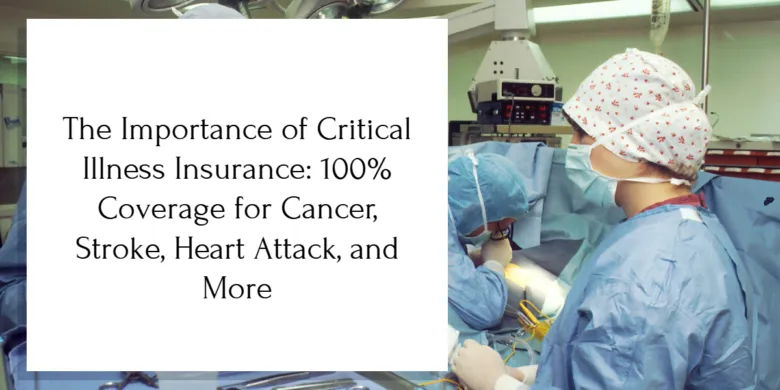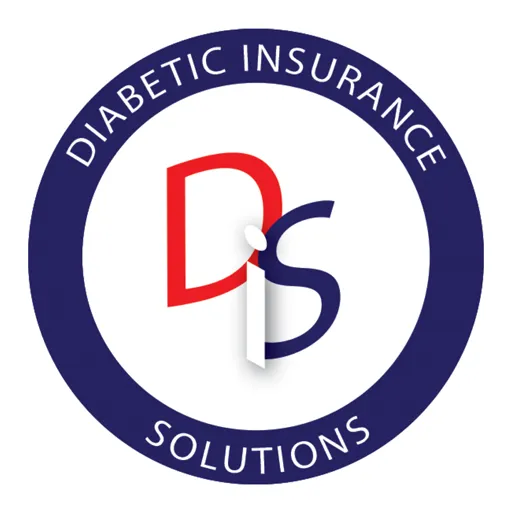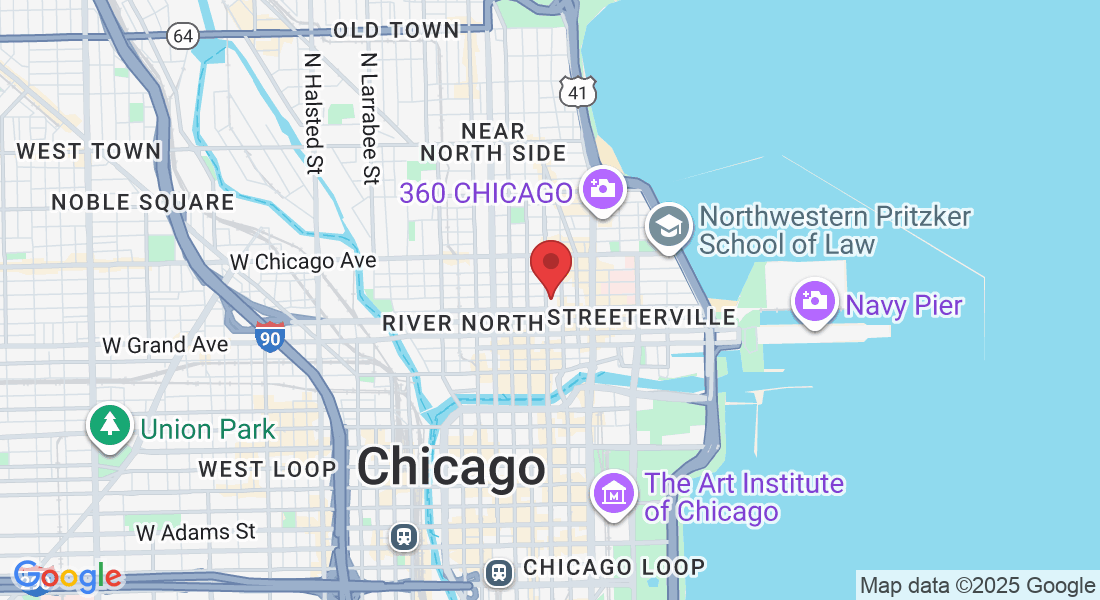
The Importance of Critical Illness Insurance: 100% Coverage for Cancer, Stroke, Heart Attack, and More
Should I get Critical Illness Insurance?
A critical illness policy: What is it?
When a certain terrible sickness is diagnosed, a critical illness policy, a type of insurance, pays out a flat sum of money.
When a crisis strikes, policyholders and their families may be unable to work and may have additional expenses for things like medical care, transportation, and home modifications. These policies are created to help out financially in these situations.
What Does a Critical Illness Insurance Policy Cover?
Many significant medical diseases are commonly covered by critical illness insurance policies, including cancer, heart disease, stroke, major organ transplant, blindness, paralysis, deafness, and renal failure.
Some insurance plans additionally cover additional ailments like coronary angioplasty and coronary artery bypass surgery.
Reviewing your policy’s terms attentively will help you determine exactly what is and isn’t covered, as well as any exclusions or restrictions.
Some policies can have a waiting period before your coverage kicks in or might demand that you undergo specific medical examinations or treatments before you can be paid out.
Why is a Critical Illness Insurance Policy Important?
A critical illness policy can be a crucial financial safety net for you and your family for a number of reasons.
A critical illness policy can, first and foremost, offer crucial financial support when a catastrophe arises.
If you are given a serious sickness diagnosis, you might not be able to work and might have a lot of medical bills.
By helping to cover these expenses, a critical illness policy frees you up to concentrate on your rehabilitation rather than stressing about how you will pay your payments.
A critical illness coverage can also aid in safeguarding your savings and property.
You might have to use your funds or sell assets to cover your medical costs if you don’t have a critical illness coverage and are diagnosed with a catastrophic disease.
If you are responsible for supporting dependents financially, this could be very distressing.
Your funds and assets can be protected by a critical illness policy, giving you a safety net for the future.
A critical illness coverage might also provide you with piece of mind. Some of the worry and anxiety that can be associated with a major illness can be reduced by knowing that you have a financial safety net in place.
The Cost of a Critical Illness Insurance Policy
A critical illness policy’s price might vary greatly based on a variety of variables, such as your age, health, and the particulars of the policy you select.
Policies for younger, healthier people are typically less expensive than those for older, less healthy people.
The most typical level of critical illness insurance coverage is shown below. The range of coverage, however, is $5,000 to $100,000.

The quantity of benefits offered by the insurance, the number of illnesses it covers, and the deductible are additional variables that might influence the cost of a critical illness coverage.
It’s crucial to carefully weigh these aspects and compare policies to select one that best suits your requirements and financial situation.
The best providers of critical illness insurance for our consumers are listed below:
AETNA Critical Illness Plan
Mutual Of Omaha Critical Advantage
What are the Benefits of a Critical Illness Policy with a 100% Payout on Cancer, Stroke, Heart Attack, and More?
The fact that it offers thorough coverage is one of the main advantages of a critical illness policy with a 100% payout on catastrophic medical diseases including cancer, stroke, heart attack, and others.
If you are found to have one of these illnesses, your insurance coverage will pay out in full, which can assist in paying for your medical bills and other costs related to your disease.
It can provide you greater freedom in how you spend your payoff, which is another advantage of a critical illness policy with a 100% payout.
Some insurance policies include limitations on how you can use your payouts, limiting you to utilise them only for certain things like medical costs or other predetermined uses.
You have the choice to utilise your payout however you see fit with a 100% payout insurance, whether that means paying for medical expenditures, remodelling your home, or just keeping up with living expenses while you are unable to work.
What are the Benefits of a Critical Illness Policy with a 25% Payout for Coronary Artery Bypass Surgery and Coronary Angioplasty?
In addition to coverage for major medical disorders including cancer, heart attack, stroke, and others, some critical illness
Additionally, insurance offer a 25% payment for coronary angioplasty and bypass surgery. These treatments are frequently employed to treat coronary artery disease, which is a major contributor to heart attacks.
If you require either of these treatments, having a critical illness policy that covers coronary angioplasty and bypass surgery will help you with additional financial support.
The 25% refund can assist in defraying the cost of the treatment or surgery, as well as any associated medical costs.
It’s important to keep in mind that a critical illness policy with a 25% payout for procedures like coronary angioplasty and bypass surgery could not offer as much financial security as one with a 100% payoff for more severe medical conditions.
For those who are at risk for coronary artery disease and might require one of these treatments in the future, it might still be a crucial safety net.
What Are The Disadvantages of Critical Illness Insurance
You should be aware of a few possible drawbacks to critical illness insurance before buying a coverage.
Limited coverage: The majority of critical illness insurance policies only provide coverage for a select group of specified illnesses, such as cancer, heart disease, and stroke. You won’t be eligible for any benefits if your doctor diagnoses you with a condition that isn’t covered by your insurance.
Exclusions: Certain diseases or treatments may not be covered by certain critical illness insurance policies. For instance, an insurance might not cover experimental therapies or pre-existing conditions.
Premium increases: Critical illness insurance premiums may rise over time, just as those for other types of insurance. This can result in a longer-term increase in the cost of maintaining the policy.
Complexity: Policies for critical illness insurance can be complicated, with a wide range of terminology and exclusions that may be challenging to comprehend. To make sure you comprehend your coverage, it’s crucial to read the policy in its entirety and to ask any concerns you may have.
Restricted payout: If you are found to have a covered condition, you might only be eligible for a limited payout depending on the details of your policy. This might not be enough to pay for all of your medical costs or lost wages.
Before acquiring a policy, it’s crucial to thoroughly consider the potential benefits and drawbacks of critical illness insurance.
How Do I Choose the Right Critical Illness Insurance Policy?
It’s crucial to thoroughly assess your coverage needs and budget while looking for a critical illness policy. Here are a few things to think about:
Covered medical conditions Make sure the policy includes coverage for the medical issues that are most important to you and your family. For instance, you would want to look for a policy that offers a 100% payout for cancer if you have a family history of the disease.
Payment sum: Think about the payout’s size and how it fits your coverage requirements. Although a policy with a higher payout may offer more financial security, it could also have a higher premium.
Limitations and exclusions: To understand what is and is not covered by the policy, be careful to check the exclusions and limits. Some insurance may not pay out if you have a specific medical condition or if you don’t fulfil certain requirements.
Premiums: To locate an insurance that meets your budget, compare the premiums offered by several insurers. A comprehensive analysis of the policy’s conditions is essential before choosing an insurance because less expensive ones can have smaller payments or more exclusions.
The insurance company’s standing: Select an insurance provider with a solid financial foundation. This will make sure you have a solid source of evidence to back up your claims.
Conclusion
For people and families suffering a terrible medical condition, a critical illness coverage can be a crucial financial safety net.
A critical illness policy can offer much-needed financial support during a crisis with a 100% payout on cancer, stroke, heart attack, and other major medical problems, as well as a 25% payout for coronary artery bypass surgery and coronary angioplasty.
Consider your budget and coverage requirements carefully when looking for a critical illness policy, and pick an insurer with a solid track record and financial stability.



